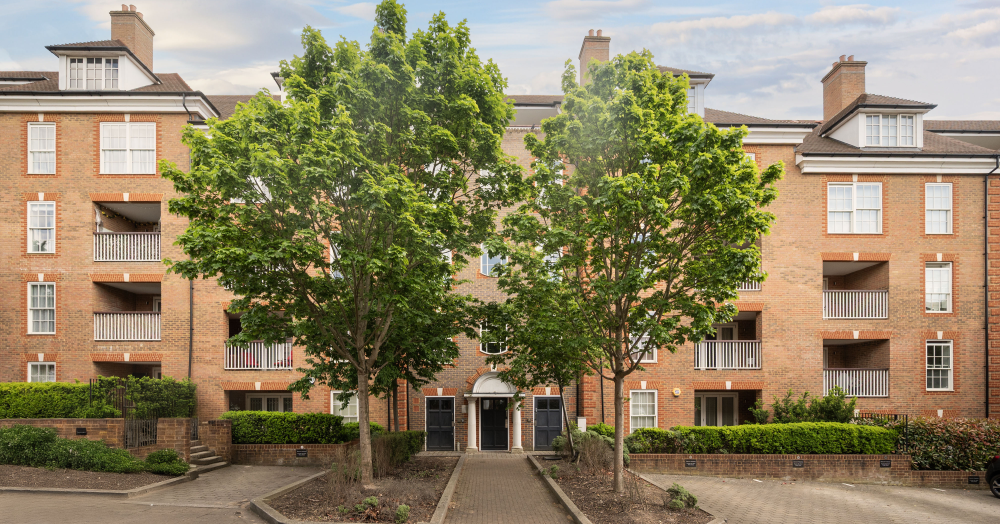Embarking on a new chapter often begins with significant decisions, and for many families, downsizing is one of them. Whether it’s prompted by children leaving the nest, a desire for a simpler lifestyle, or the need to adapt to changing circumstances, the journey of downsizing can feel like both an end and a beginning.
Downsizing: A New Chapter Begins.
Why Downsizing Makes Sense
For many families, a large home becomes less practical over time. Maintenance can be time-consuming, utility costs may rise, and empty rooms can feel like a reminder of a past that no longer reflects your current lifestyle. Downsizing allows families to transition to a home that better suits their needs—be it a cosy bungalow, a sleek city apartment, or a cottage by the sea.
Beyond the practical reasons, downsizing often opens doors to new opportunities. It can free up financial resources for travel, hobbies, or other priorities. It also provides a chance to declutter and simplify life, making space for meaningful experiences over material possessions.
The Importance of a Valuation
Understanding the true value of your current property is key to making informed decisions. A valuation helps you gauge the market worth of your home, offering insights into how much equity you can expect to free up. It also lays the groundwork for planning your next move, whether it’s buying a new property, renting, or something entirely different.
A professional valuation isn’t just about numbers; it’s about recognising the emotional and financial value of a home that has been a backdrop to countless memories. It’s the first step in a thoughtful, well-planned transition.
Here’s a closer look at what the downsizing process entails, breaking it into manageable steps to help you prepare for this exciting new chapter.
1. Reflect on Your Needs and Goals
The first step in downsizing is understanding why you’re making this transition and what you hope to achieve. Consider the following questions:
• Do you want to reduce maintenance and expenses?
• Are you seeking a home that’s easier to navigate as you age?
• Are you prioritizing location, such as being closer to family, amenities, or leisure activities?
Knowing your goals helps you identify the type of home and lifestyle that will work best for you in this new phase.
2. Declutter and Simplify
One of the biggest challenges of downsizing is deciding what to take with you and what to let go of. Start early by decluttering room by room, and ask yourself:
• Do I use this regularly?
• Does it hold significant sentimental value?
• Will it fit into my new space?
Consider donating, selling, or gifting items you no longer need. Remember, this step is not about discarding memories but curating what truly matters to you.
3. Understand Your Financial Position
A key aspect of downsizing is understanding the financial implications. A professional property valuation, like the one you’ve scheduled, provides clarity on your current home’s worth. Additionally, think about:
• The budget for your next home.
• Potential savings from reduced utility and maintenance costs.
• Extra funds you could unlock for travel, investments, or family support.
Consulting with a financial advisor can also be helpful in making informed decisions.
4. Explore Your Housing Options
With your financial picture in mind, start exploring housing options that align with your goals. Whether you’re considering a smaller house, an apartment, or a retirement community, think about the following:
• Location: Proximity to family, friends, and amenities.
• Size: Enough space for essentials without excess.
• Layout: Features like single-level living or accessible designs.
Tour potential properties to get a feel for what works best for your lifestyle.
5. Plan the Move Thoughtfully
Once you’ve found your new home, it’s time to plan the logistics of moving. Create a timeline and checklist that includes:
• Packing essentials and labelling boxes clearly.
• Hiring a moving company or enlisting help from family and friends.
• Notifying utility providers and updating your address.
Consider moving gradually if possible, to reduce the stress of a single, overwhelming moving day.
6. Settle into Your New Space
The adjustment period after downsizing can take time. Focus on making your new space feel like home:
• Unpack thoughtfully and arrange your belongings in a way that feels natural.
• Incorporate familiar items, such as cherished photos or favourite furniture pieces.
• Explore your new neighbourhood and connect with your community.
7. Embrace the Opportunities
Downsizing often comes with newfound freedom—financial, physical, and emotional. Use this opportunity to pursue hobbies, travel, or spend more quality time with loved ones. Let your downsized home serve as a base for a simpler, more fulfilling lifestyle

